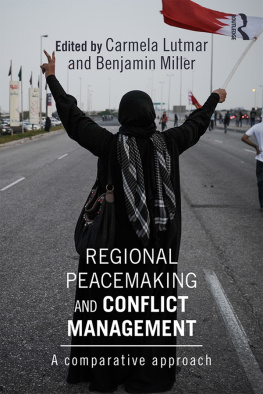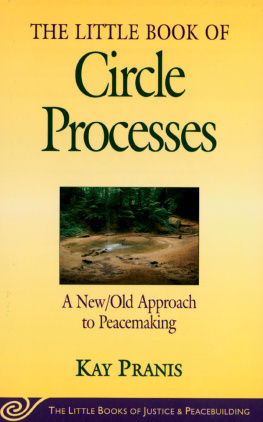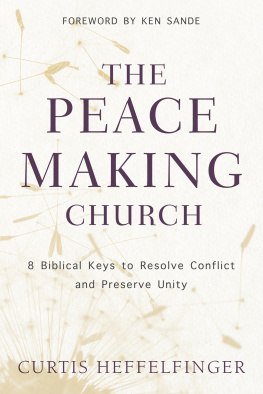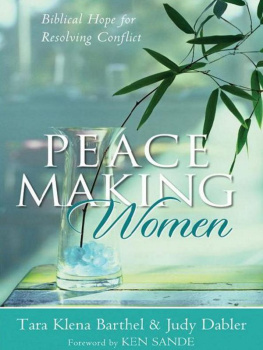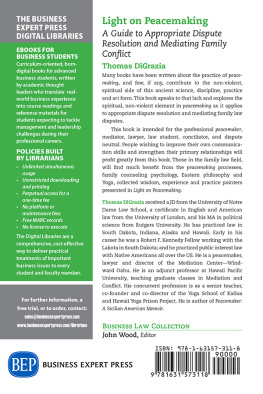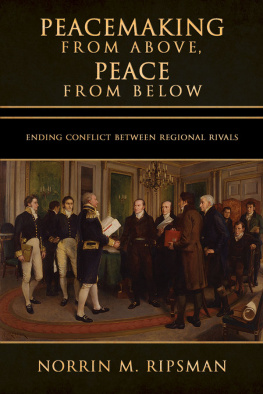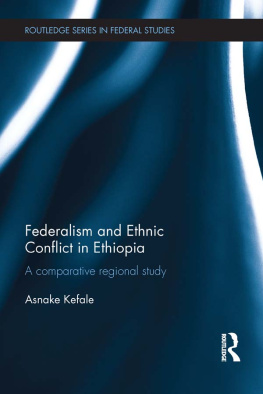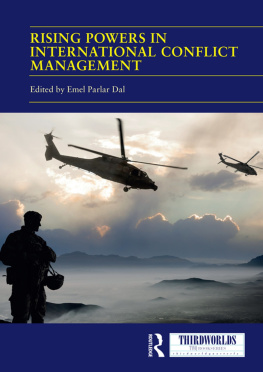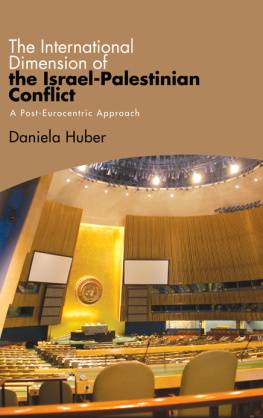Regional Peacemaking and Conflict Management
This volume examines mechanisms for regional peacemaking and conflict management in Europe and the Middle East.
To date, little research has been devoted to uncovering the conditions for peace, and the factors that contribute to stabilizing the state of peace. This volume assesses the factors that contribute to regional pacification, the incentives that motivate states in establishing peaceful relations, and most importantly, how regions become peaceful. It discusses the conditions under which various types of peace might emerge on a regional level and the factors most likely to determine the outcome. The book takes an innovative approach through a systematic comparison of two regions that are particularly prominent and important for the subject of regional pacification: Europe and the Middle East.
While many believe that the European case is the indispensable model for peacemaking, others believe that these two regions are too different for Europe to be a useful framework for the Middle East. This volume occupies a middle ground between these two extreme positions. It argues that while a mindless copying of European models will not lead to peace in the Middle East, important insights can be gained from the most successful case of regional peacemaking to date.
This work will be of much interest to students of regional security, peacemaking, conflict management, Middle East politics, European security and International Relations (IR) in general.
Carmela Lutmar is a lecturer in the Division of International Relations at the School of Political Sciences, University of Haifa, Israel, and has a PhD from New York University, USA.
Benjamin Miller is Professor of International Relations at the School of Political Sciences, the University of Haifa. Among his publications are When Opponents Cooperate: Great Power Conflict and Collaboration in World Politics (2002) and States, Nations and Great Powers: The Sources of Regional War and Peace (2007).
Routledge Global Security Studies
Series Editors: Aaron Karp and Regina Karp
Global Security Studies emphasizes broad forces reshaping global security and the dilemmas facing decision-makers the world over. The series stresses issues relevant in many countries and regions, accessible to broad professional and academic audiences as well as to students, and enduring through explicit theoretical foundations.
Nuclear Proliferation and International Security
Edited by Morten Bremer Maerli and Sverre Lodgaard
Global Insurgency and the Future of Armed Conflict
Debating fourth-generation warfare
Terry Terriff, Aaron Karp and Regina Karp
Terrorism and Weapons of Mass Destruction
Responding to the challenge
Edited by Ian Bellany
Globalization and WMD Proliferation
Terrorism, transnational networks, and international security
Edited by James A. Russell and Jim J. Wirtz
Power Shifts, Strategy, and War
Declining states and international conflict
Dong Sun Lee
Energy Security and Global Politics
The militarization of resource management
Edited by Daniel Moran and James A. Russell
US Nuclear Weapons Policy after the Cold War
Russians, rogues and domestic division
Nick Ritchie
Security and Post-Conflict Reconstruction
Dealing with fighters in the aftermath of war
Edited Robert Muggah
Network Centric Warfare and Coalition Operations
The new military operating system
Paul T. Mitchell
American Foreign Policy and the Politics of Fear
Threat inflation since 9/11
Edited by A. Trevor Thrall and Jane K. Cramer
Risk, Global Governance and Security
The other war on terror
Yee-Kuang Heng and Kenneth McDonagh
Nuclear Weapons and Cooperative Security in the 21st Century
The new disorder
Stephen J. Cimbala
Political Economy and Grand Strategy
A neoclassical realist view
Mark R. Brawley
Iran and Nuclear Weapons
Protracted conflict and proliferation
Saira Khan
US Strategy in Africa
AFRICOM, terrorism and security challenges
Edited by David J. Francis
Great Powers and Strategic Stability in the 21st Century
Competing visions of world order
Edited by Graeme P. Herd
The Globalisation of NATO
Intervention, security and identity
Veronica M. Kitchen
International Conflict in the Asia-Pacific
Patterns, consequences and management
Jacob Bercovitch and Mikio Oishi
Nuclear Proliferation and International Order
Challenges to the Non-Proliferation Treaty
Edited by Olav Njlstad
Nuclear Disarmament and Non-Proliferation
Towards a nuclear-weapon-free world?
Sverre Lodgaard
Nuclear Energy and Global Governance
Ensuring safety, security and non-proliferation
Trevor Findlay
Unipolarity and World Politics
A theory and its implications
Birthe Hansen
Disarmament Diplomacy and Human Security
Regimes, norms and moral progress in international relations
Denise Garcia
Causes and Consequences of Nuclear Proliferation
Edited by Robert Rauchhaus, Matthew Kroenig and Erik Gartzke
Why Did the United States Invade Iraq?
Edited by Jane K. Cramer and A. Trevor Thrall
Regional Powers and Security Orders
A theoretical framework
Edited by Robert Stewart-Ingersoll and Derrick Frazier
A Perpetual Menace
Nuclear weapons and international order
William Walker
Irans Nuclear Programme
Strategic implications
Joachim Krause
Arms Control and Missile Proliferation in the Middle East
Edited by Bernd Kubbig
The National Politics of Nuclear Power
Economics, security and governance
Benjamin Sovacool and Scott Valentine
Arms Controls in the 21st Century
Between coercion and cooperation
Edited by Oliver Meier and Christopher Daase
Reconceptualising Deterrence
Nudging toward rationality in Middle Eastern rivalries
Elli Lieberman
Psychology, Strategy and Conflict
Perceptions of insecurity in International Relations
Edited by James W. Davis
Nuclear Terrorism and Global Security
The challenge of phasing out highly enriched uranium
Edited by Alan J. Kuperman
Ballistic Missile Defence and US National Security Policy
Normalisation and acceptance after the Cold War
Andrew Futter
Economic Statecraft and Foreign Policy
Sanctions, incentives and target state calculations
Jean-Marc F. Blanchard and Norrin M. Ripsman
Technology Transfers and Non-Proliferation
Between control and cooperation
Edited by Oliver Meier
Northern Security and Global Politics
Nordic-Baltic strategic influence in a post-unipolar world
Edited by Ann-Sofie Dahl and Pauli Jrvenp
Geopolitics and Security in the Arctic
Regional developments in a global world
Edited by Rolf Tamnes and Kristine Offerdal
Precision Strike Warfare and International Intervention
Strategic, ethico-legal, and decisional implications
Edited by Mike Aaronson, Wali Aslam, Tom Dyson and Regina Rauxloh

